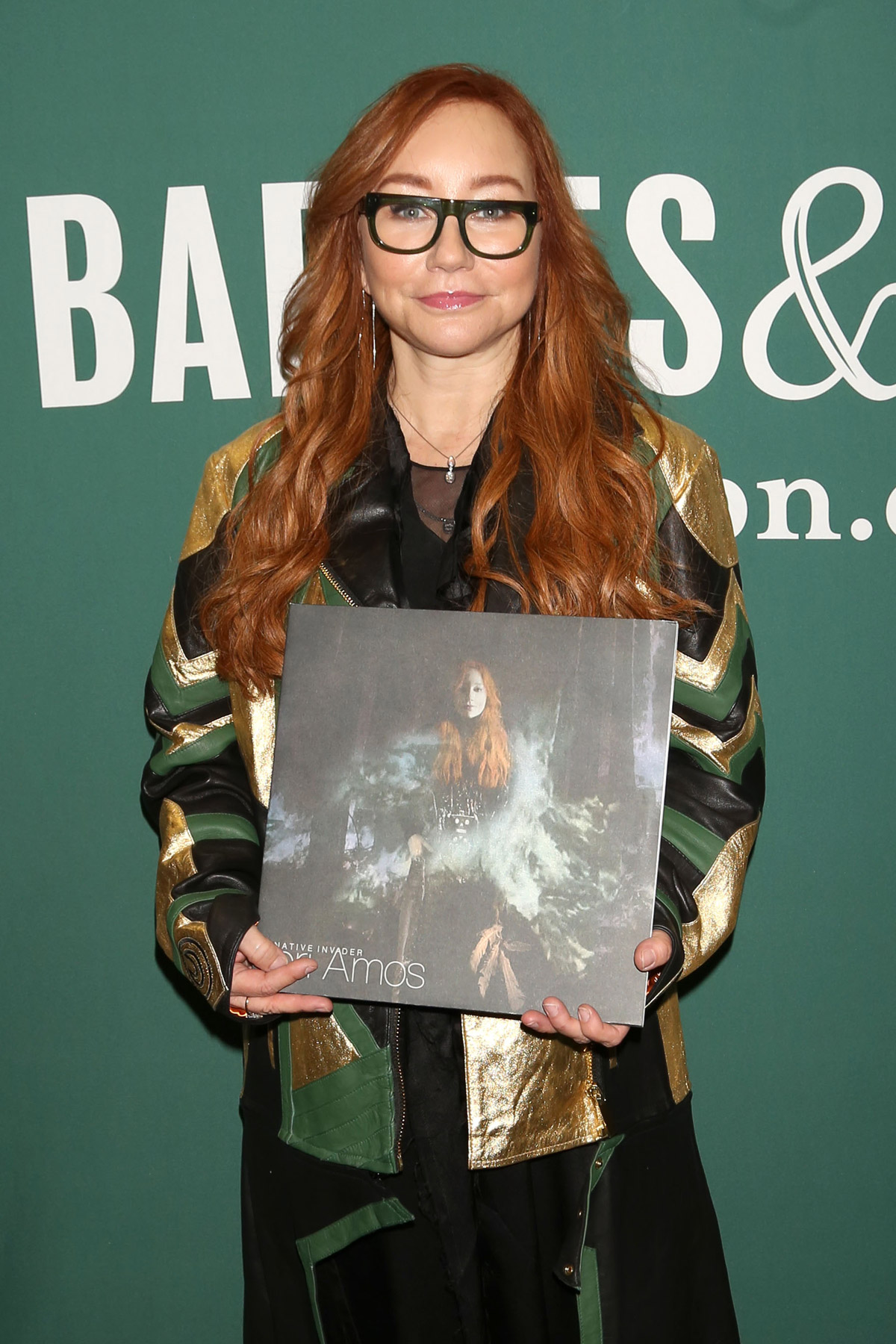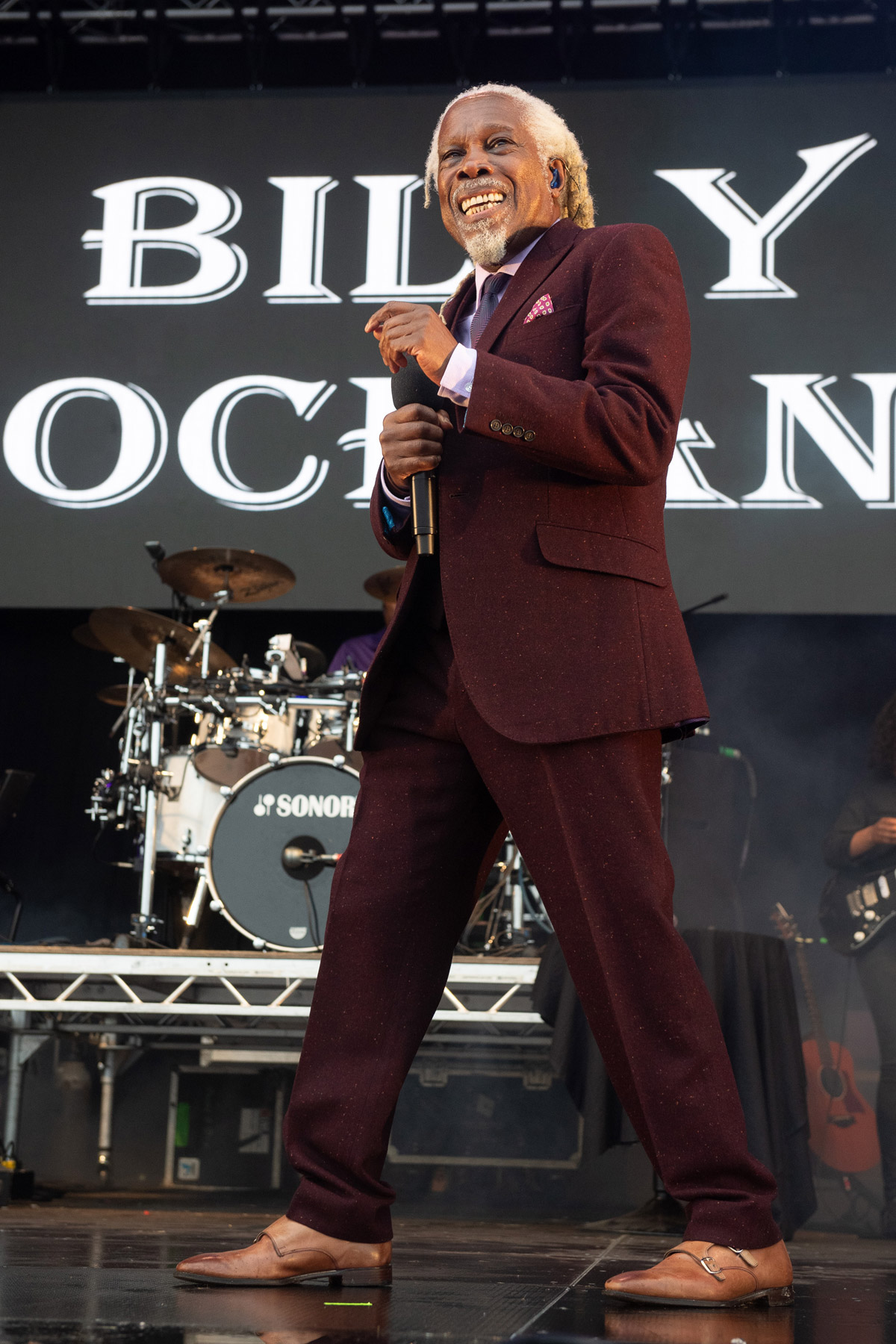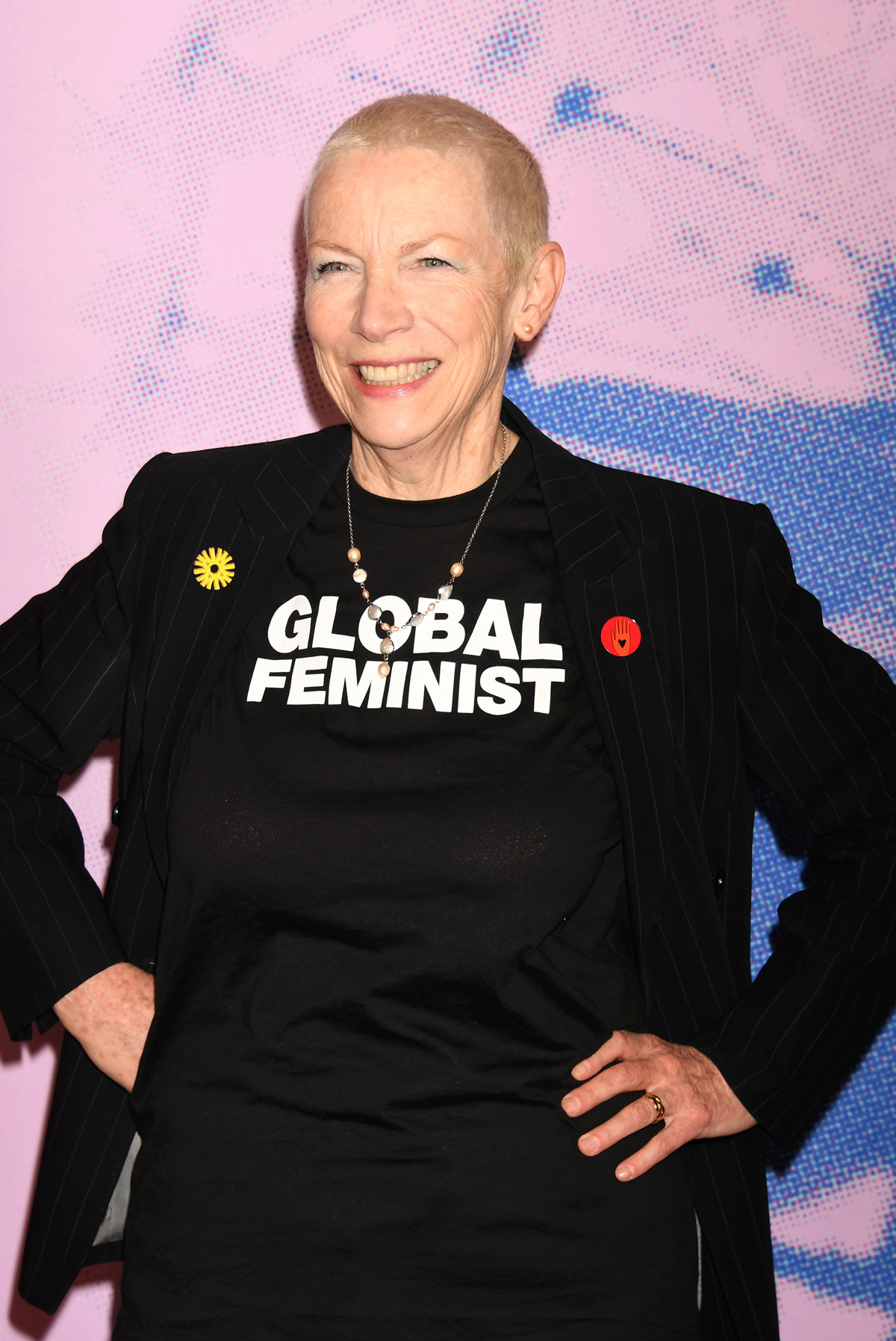
In a move totally on brand for today’s tech bros, AI companies have been training their technology using copyrighted materials. Until they get sued, that is. Still, it feels like one big game of whack-a-mole for artists to try and undo the infinite possibilities AI has to invoke their image and/or work without consent, especially with there being no aggressive action from our government to beef up regulation. Across the pond, the UK government flat-out announced late last year that they were going to consider sanctioning what tech companies in America have already been doing: using copyrighted work to build their programs unless and until the copyright owners object. Well, British musicians are not having it, and 1,000 of them just released an album in protest. But instead of songs, Is This What We Want? features 12 tracks of the sounds of empty recording studios and performance venues. Well-played, Brits.
With contributions from British artists including Kate Bush, Annie Lennox, Cat Stevens and Damon Albarn, the album was released Tuesday to protest proposed British changes to artificial intelligence laws that artists fear will erode their creative control.
The U.K. government is consulting on whether to let tech firms use copyrighted material to help train AI models unless the creators explicitly opt out.
Critics of the idea fear that will make it harder for artists to retain control of their work and will undermine Britain’s creative industries. Elton John and Paul McCartney are among those who have spoken out against the plan.
The protest album features “almost silence,” said composer and AI developer Ed Newton-Rex, who organized the album. The 12 tracks consist of recordings of empty studios and performance spaces, “to symbolize what we expect will happen if the government’s proposals go through.”
“It’s a mix of artists that everyone’s heard of and, you know, and many musicians who are not household names,” he told The Associated Press. “And I think that’s really important because this issue is going to affect all of us.”
The titles of the 12 tracks spell out: “The British government must not legalize music theft to benefit AI companies.”
Profits will be donated to the musicians’ charity Help Musicians.
“The government’s proposal would hand the life’s work of the country’s musicians to AI companies, for free, letting those companies exploit musicians’ work to outcompete them,” Newton-Rex said.
“It is a plan that would not only be disastrous for musicians, but that is totally unnecessary,” he said. “The U.K. can be leaders in AI without throwing our world-leading creative industries under the bus.”
Britain’s center-left Labour Party government says it wants to make the U.K. a world leader in AI. In December, it announced a consultation into how copyright law can “enable creators and right holders to exercise control over, and seek remuneration for, the use of their works for AI training” while also ensuring “AI developers have easy access to a broad range of high-quality creative content.” The consultation closes on Tuesday.
That’s very considerate of the UK government to seek out the goldilocks approach that helps both AI and artists, and I wish them luck in their quest. Back in the real world, I think we know who tends to benefit as they consume everything faster than any meaningful repercussions can be implemented (AI), and who ends up having to fight like hell to protect their creativity and very humanity (artists). So I’m giving a standing O (is applause appropriate for a “silent” album?) to the British musicians who banded together for this artful, wry protest. Rock on. All that being said, I’m still, you know, me, and have a few impertinent questions regarding execution. For instance, the artist for every track is listed as “1,000 UK Artists.” Who/Why/How was the decision made to do the credits that way, instead of naming 83.33 artists (1,000 divided by 12) per track? I feel that the message on how many musicians are being affected might be more apparent, visually, if they took the space to write each name. Next (yet similarly), the tracks are all different lengths. Again, how was this determined?! Did the rooms communicate when the “song” was finished? If a song falls in an empty recording studio, does it still make a sound? These details keep me up at night.
My final quibble: the album’s website lists the names of all the musicians involved, alphabetically… by first name. Now playing in my living room: the sound of a deep sigh.
Photos credit: Jeffrey Mayer/Avalon, EMPICS/PA Images/INSTARimages.com, Justin Ng/Avalon













Why Tori Amos? love her, always glad to see her….
Her husband is British and she’s based there.
Ahh, that answers it. Thanks!
A couple of days ago every single newspaper in Britain coordinated to all print identical blank (blue with ‘MAKE IT FAIR’ in black text) covers protesting against AI and the lack of legal protections over the use of AI.
It was an extraordinary thing to witness, and an unprecedented act of cooperation between competing newspapers.
Tori Forever!!!!
ICON love her!!!!
British musicians and other musicians in the UK. Tori is American.
Tori is married to a Brit and lives in the UK.
Of which I am well aware. Hence “other musicians in the U.K.”
Marrying Yoko Ono and settling in New York did not make John Lennon either Japanese or American.
It seems this current iteration is not forward thinking or looking , instead they are mining and plundering things that have already been created, people are going to be weary of trying to create something new for fear of it being harvested for AI. when i was learning about AI it was about having an initial idea and generating loads of options from that one idea not going out and mining what has already been created. John Cage created the first silent song so its not an OG thought but i respect the sentiment/protest behind it. we need room for new creative voices of all genres not voices that sound like what we already know but just with a twist .